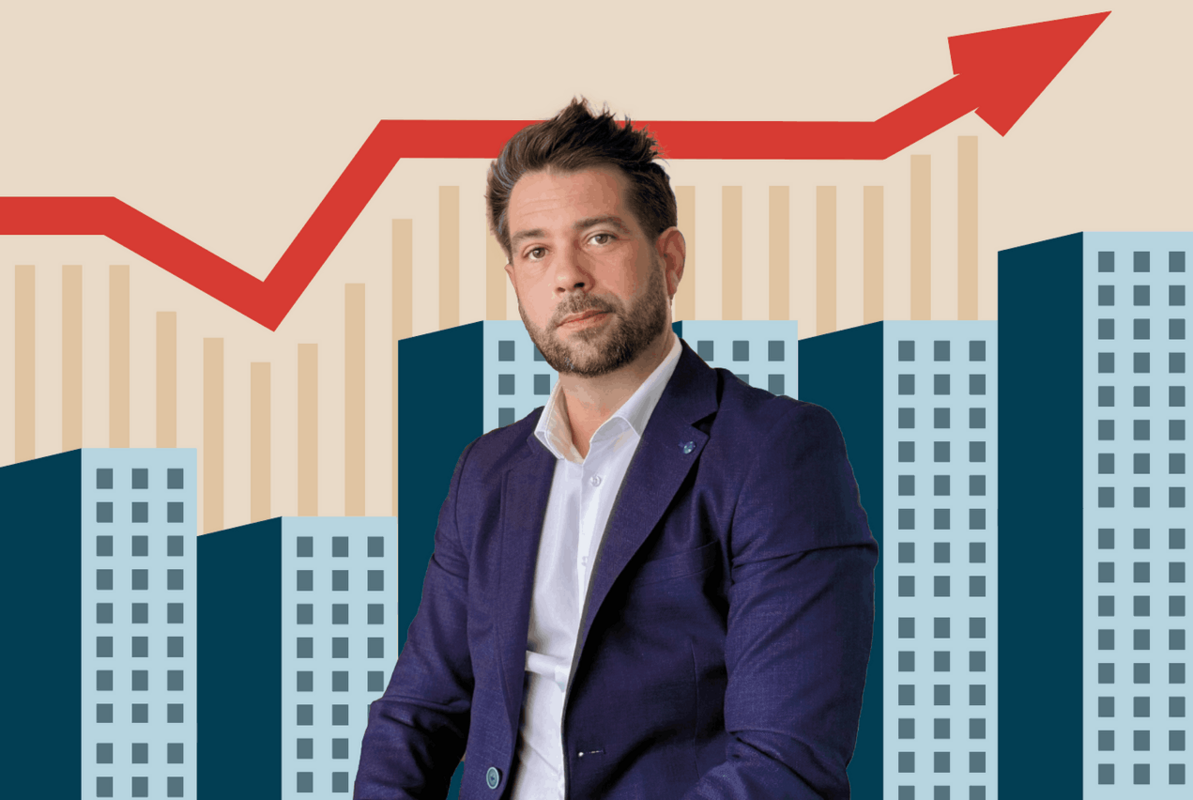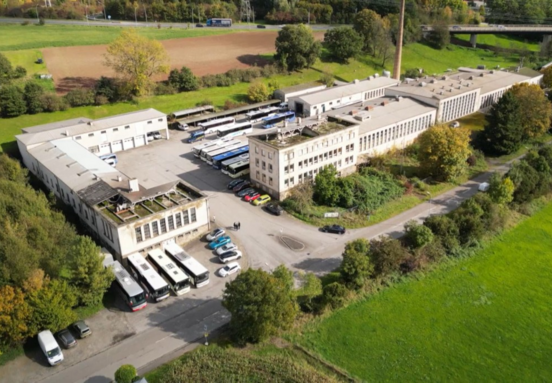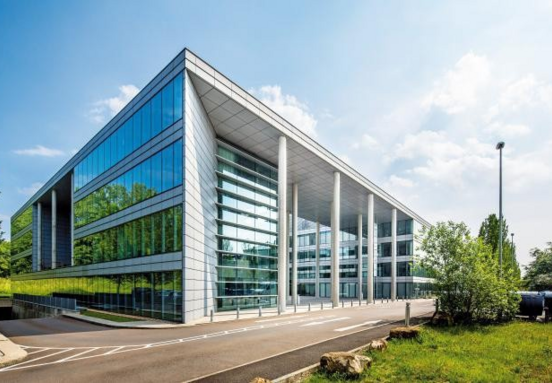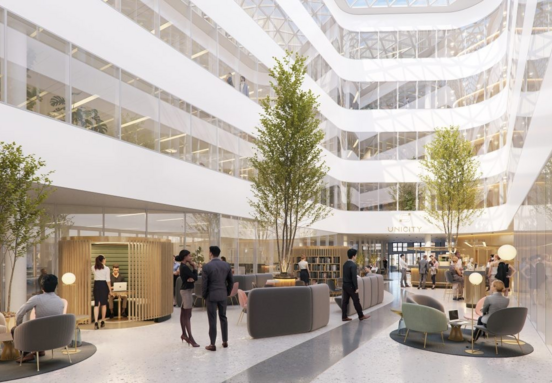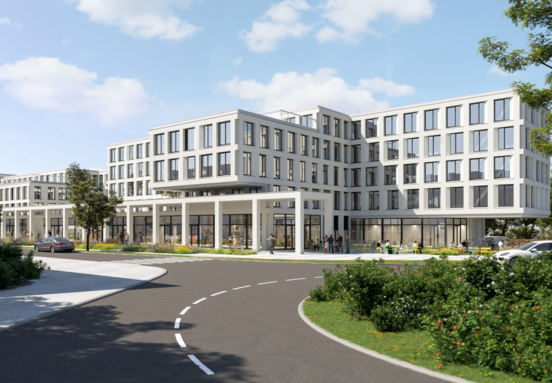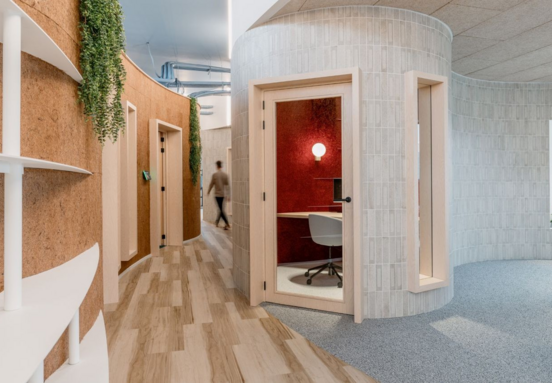Luxembourg office market: a renewed outlook for 2025
After a period of uncertainty, the Luxembourg office market is poised for a significant resurgence in 2025, signaling renewed dynamism for businesses seeking strategic and high-quality workspaces. While 2024 saw take-up reach 133,000 m², below the average of 250,000 m² due to factors like remote work, rising interest rates, and increased fit-out costs, the outlook for the coming year is distinctly positive.
Key market trends and dynamics
Despite the dip in 2024, underlying demand for premium office space remains robust. The vacancy rate has held steady at 4.3%, a clear indicator of strong interest coupled with a limited supply of high-quality, available properties. This tight market underscores the importance of proactive planning for businesses looking to secure ideal locations.
Emerging opportunities: new developments and strategic pre-locations
The future supply pipeline is healthy, with new projects actively emerging across the Grand Duchy. Crucially, significant pre-locations and pre-acquisitions are already in place for developments scheduled for delivery between 2027 and 2030. This trend highlights a forward-thinking market where securing prime space requires early engagement and foresight, ensuring businesses can align with their long-term growth strategies.
Navigating Luxembourg's prime and emerging office hubs
When it comes to location, traditional central areas continue to dominate demand. Districts like Gare, Cloche d’Or, and Kirchberg remain highly sought after, with rent levels converging as their appeal solidifies. However, the landscape is expanding. Emerging areas such as Howald and Findel are rapidly gaining traction, driven by improved transport links and attractive, competitive offers. Businesses now have a broader spectrum of strategic choices, allowing them to balance prestige with accessibility and cost-effectiveness.
What modern businesses prioritize in office space
Today's companies are redefining their workspace needs, with a strong emphasis on employee well-being and mobility. The demand is overwhelmingly for qualitative, flexible, and sustainable spaces that offer excellent public transport access and a comprehensive suite of services. The trend is shifting towards optimizing headquarters rather than decentralizing with multiple satellite offices. Businesses are seeking environments that foster productivity, facilitate socialization, and offer inherent flexibility, often integrating appealing features like green zones and sports facilities.
JLL emphasizes the critical importance of anticipating future needs. For businesses, this means carefully considering evolving work patterns, sustainability goals, and employee expectations when planning their next move. Aligning with these expectations from both developers and landlords is key to securing a workspace that truly supports your company’s future success.
Source: paperjam.lu
